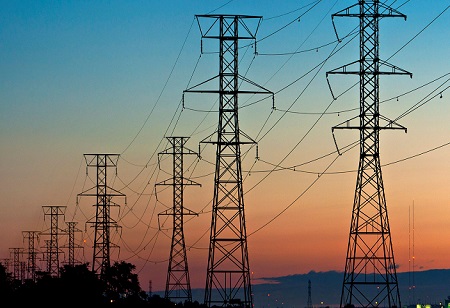Government-owned banks have agreed to finance distressed power companies undergoing insolvency proceedings after being nudged by the finance ministry, in order to help boost electricity supplies, said two people aware of the development. Lenders will provide working capital loans primarily to purchase imported coal and operate plants at maximum capacity as states struggle to meet demand amid high summer temperatures.
Details on funding distressed power projects were discussed at a meeting of senior bank executives at SBI headquarters last week. Additional finance will be treated as 'priority' loans and will not be classified as nonperforming assets, said one of the persons cited above. Priority loans will be first in line for payments from revenue generated by the company. Only after these loans are fully paid will other lenders receive their money.
Under the proposal, loans disbursed will be secured against receivables and they will have a pari-passu (equal footing) charge over the company's fixed assets along with existing
secured lenders, according to a note that was circulated. At the meeting, PSU banks that have already loaned money agreed to provide no-objection certificates (NOCs) to new lenders to receive priority in repayment.
Lenders discussed the possibility of funding SKS Power Generation and the Srei Group-promoted Meenakshi Energy Ltd, both of which are dependent on imported coal and undergoing insolvency, said one of the persons cited above. Meenakshi has two thermal units of 150 MW each, and SKS Power has two units of 300 MW each.
The finance ministry has also directed lenders to finance thermal power companies that are distressed but not undergoing insolvency proceedings, such as Rattan India Power's Nashik project Sinnar Thermal Power, Essar Power Gujarat and Anil Ambani-promoted Vidarbha Industrial Power.
During the meeting, lenders decided not to fund accounts classified as fraudulent and under the scrutiny of investigative agencies. One such instance is Coastal Energen, which was admitted for debt resolution by the Chennai bench of the National Company Law Tribunal (NCLT) in February. The Directorate of Enforcement (ED) has arrested its promoter Ahmed Buhari on allegations of money laundering of Rs 564 crore. In general, banks have been averse to funding companies admitted for insolvency proceedings due to the uncertainty of recovering loans if the company doesn't attract any buyers.
On May 5, the Centre invoked Section 11 of the Electricity Act, which mandated all imported coal-based projects to generate power at full capacity to avert shortages. However, private power generating companies informed the government that they would need financial support to import coal. This prompted the government to nudge banks to fund such power companies. A quicker resolution of KSK Mahanadi and Lanco Amarkantak, too, would result in a higher supply of power, said one of the bankers present at the meeting.
